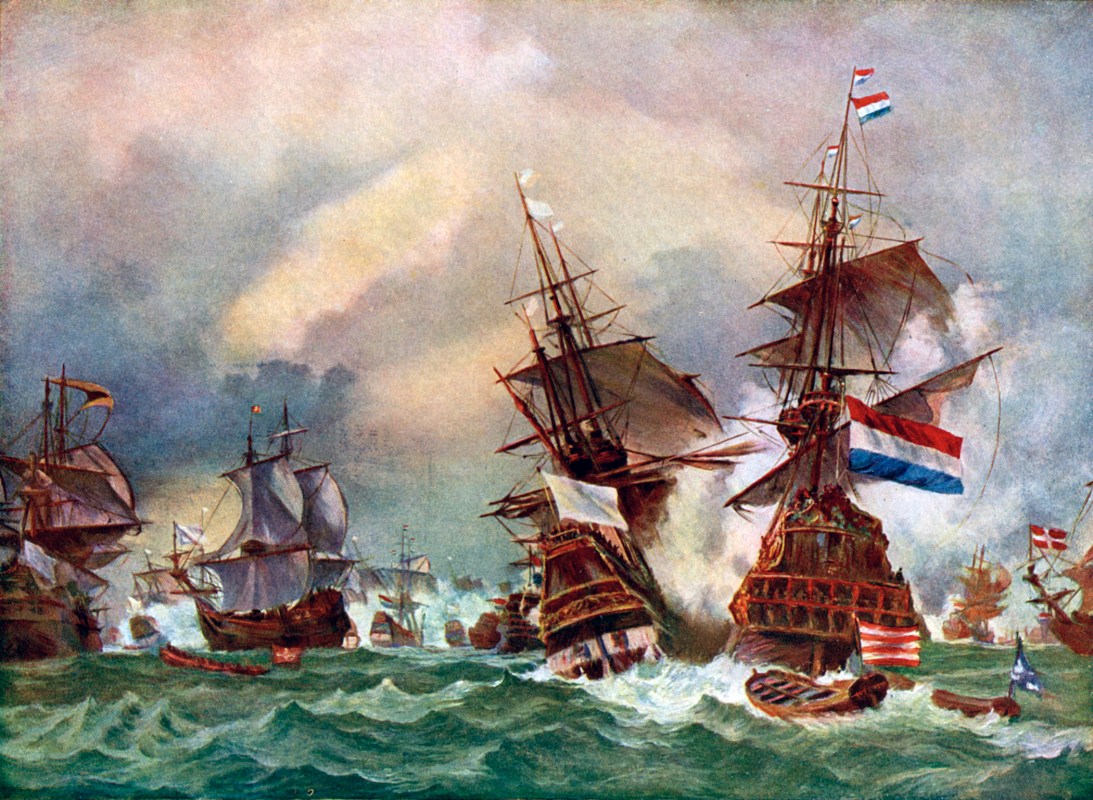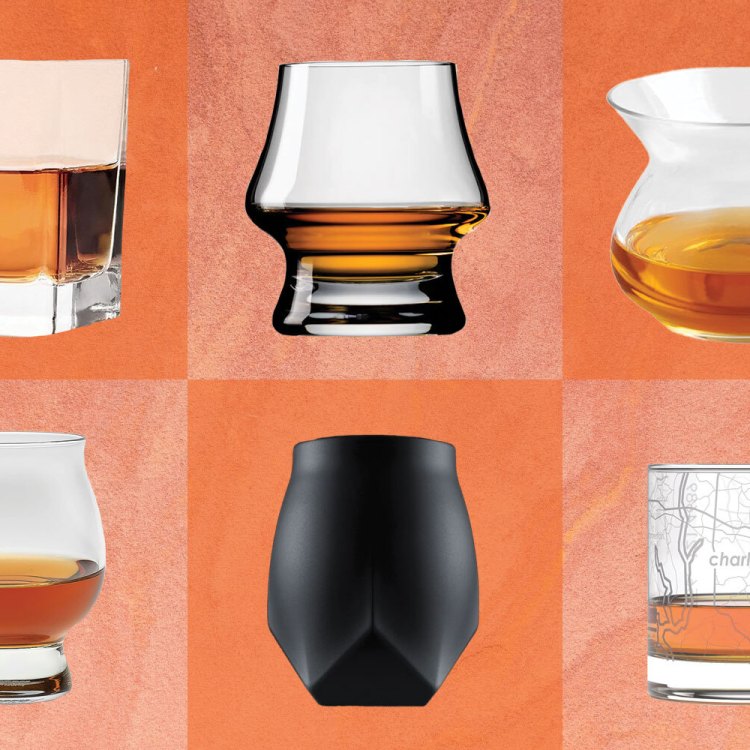The phrase “Going Dutch,” now meaning to share cost, has origins that may not make intuitive sense to a modern reader.
“Going Dutch” dates back to the 17th Century hatred and war between the British and the Dutch — ill will that made its way into the English language.
In the mid-late 1600s, the British and Dutch fought three wars over the course of 22 years. The British propaganda machine ended up applying the term “Dutch” to any unsavory thing, and the linguistic practice only developed further as the wars became more distant.
The term found plenty of homes in English parlance. “Dutch courage” was the alcoholic aid that Dutch soldiers needed to go to war, according to the British. A “Dutch reckoning” involved a bill with unexpected fees tacked on.
The origins of the Dutch oven are unclear: it’s either complimentary toward the Dutch people who produced the pots or it’s a slight at the fact that the pots are not really ovens.
“Going Dutch” is an American spin on the British lexicon. The term either takes the traditional British approach and suggests that splitting a bill is not ideal, or it’s a play on “Deutsch” and the apparent German-American stereotype of the indignity of paying for one’s own drink.
Thanks for reading InsideHook. Sign up for our daily newsletter and be in the know.


















